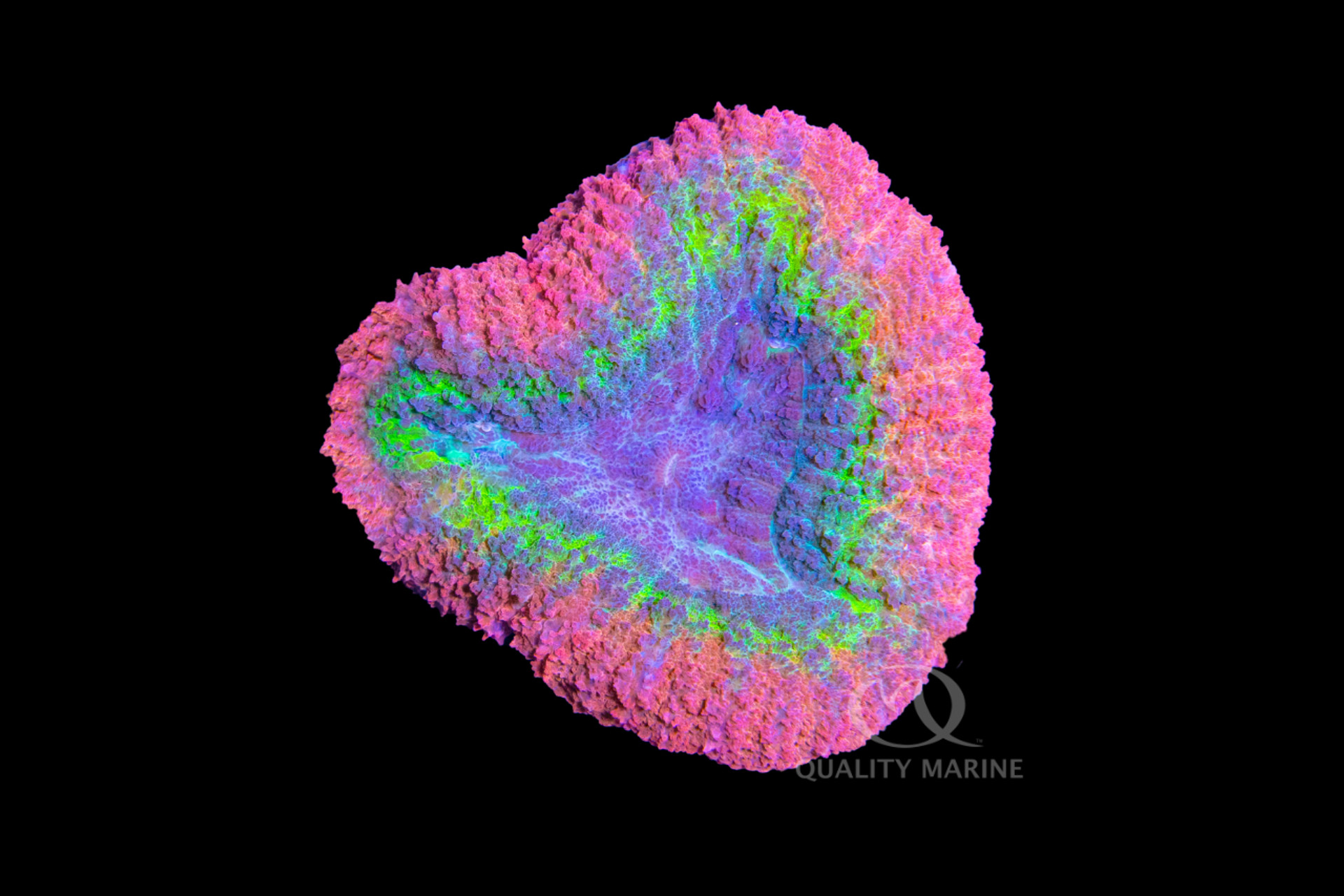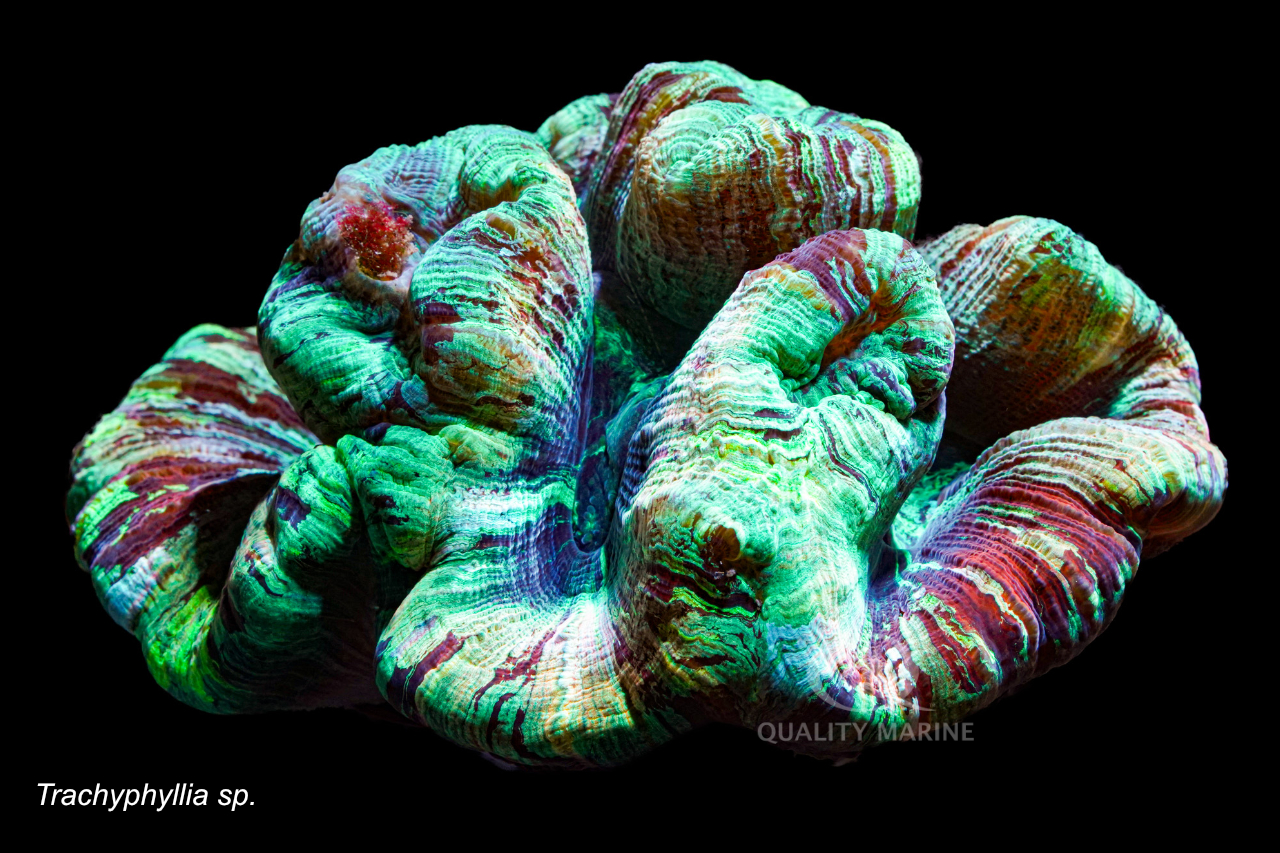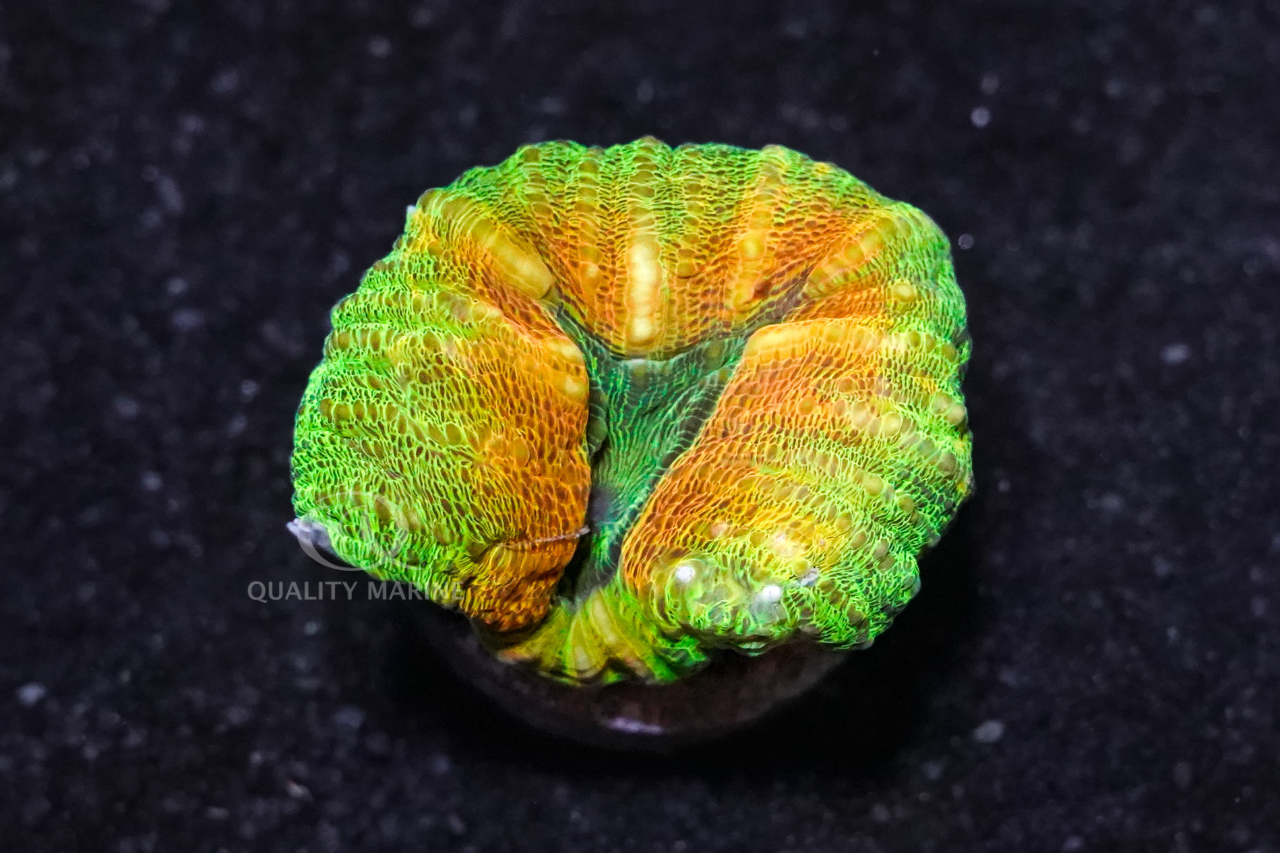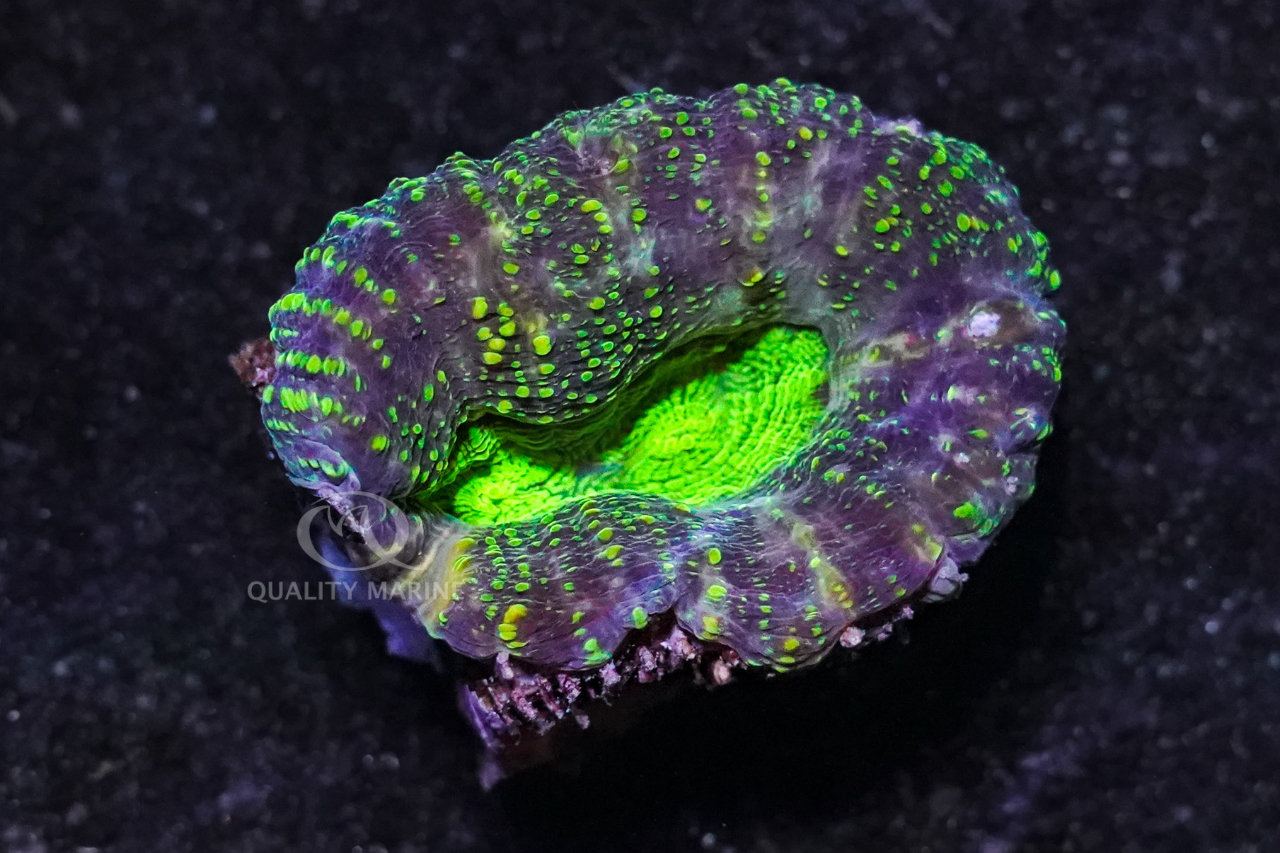Loving Lobophyllia

There are many of you, good readers, who know things like “Lobophyllia isn't a coral, but a large group (genus) of them.” Then again, there are a few of you who said “WHAT!?!” and just spit out your beverage. You should clean that up quick, it's going to be sticky later. In the end, this little factoid won't matter that much. The care parameters for all the species of Lobophyllia and indeed most of the other “Brain Corals” as we like to call them, is very similar. We'll revisit.

So, what is a Brain coral? For the purpose of today's article, we just mean “Open Brain Corals” or all of the species from the genus Lobophyllia that are commonly seen in your Local Fish Store. Take care if you use the name Brain Coral, as there are lots of different corals that use this common name like Dented Brain Coral, a name often given to corals from the Symphyllia genus, or Maze Brain Coral, most often used when referring to Platygyra genus corals. There's also Crater Brains, which most often refers to Trachyphyllia, whereas War Brains usually means Favites genus corals, and if you stick with just plain Brain Coral, it will probably mean Favia genus. We're sure we missed some, but you get the point.

Lobophyllia only bear a passing resemblance to most of these corals, with the notable exception of Symphillia, or Dented Brains, and long ago, they were both sold as Lobophyllia, which, given their incredibly similar aquarium requirements, wasn't actually all that detrimental. Now that everyone knows better, they can usually be told apart because the Lobophyllia will grow in a form that makes distinct lobes that are separate from each other, so they look like a collection of individual bubble(ish) shaped corallites, where Symphyllia grows in a form where these lobes share walls and thus end up looking more like an actual brain with a maze-like pattern throughout. Open Brain Corals (Lobos remember) are usually, but not always, more colorful that Dented Brain Corals (Symphyllia).
A minimum tank size for keeping Open Brains is really more dependent on everything else in the aquarium. You could keep a quite large specimen in a tank as small as 20 gallons, as long as you can keep the water parameters stable and appropriate, and it didn't have much in the way of competition in the tank. They don't require a ton of light, and in fact, may brown out under lighting that is too intense, look for moderate light sources, or place them in lower light locations in your tanks. They can often be acclimated to brighter lighting if this is done slowly, and some specimens will gain new colors from this process. Most of them will show their best colors under lights that have a strong actinic or blue component. Flow is an area where Open Brains do have a pretty specific requirement as they require enough flow to keep them clean, but it can never be direct, laminar (one direction all the time) or even too strong. These conditions will make the polyps of the coral polyps recede and may damage them beyond repair. The rocks near the coral need to be smooth, either by their general nature, or well covered in coralline algae to round over any sharp edges that could damage the soft tissue of the coral polyp. Make sure these Brains are well fixed in their environment as they can be damaged if they get dislodged and end up face down.

Water quality wise these corals are somewhat adaptable, though they will do best in tanks that are established and stable. You want to keep nutrients under control, never more than 5ppm nitrates, which will help them maintain their colors and also inhibit algae growth on surrounding rockwork. Salinity should be nice and stable at 1.025-1.026, with a pH between 8.2 and 8.4. Open Brain corals will utilize alkalinity quickly if they are happy, so keep an eye on it to keep it stable, whether than number is 8dkh or 12dkh doesn't really matter, as long as it doesn't fluctuate much. Regular water changes will help with this as well as keeping both your nitrates down and your pH up! Temperature wise, they can take low temperatures pretty well, but don't let the tank get too warm; we suggest between 72- and 78-degrees Fahrenheit.
Like pretty much all LPS (large polyp stony) corals, Lobophyllia need food, and more than you might think. They will extend small polyps when they are hungry, and this can be up to three or even four times a week, and usually after lights go out. Feed them quality thawed foods like Gamma Mysis, Brine plus Spirulina, Copepods and/or Finely Chopped Prawn or Mussel. This can be done by gently basting any of these products over the corals when they look hungry. This will work best if you turn the flow in the display off, or way down while they grab their dinner.

The feeding of all LPS corals is often a limiting factor in what else you keep in a tank with them. Some inverts (looking at you Peppermint Shrimp) are notorious for stealing meaty bits before the coral can get them down. This thievery can usually be managed by feeding the Shrimp or other fish at the same time to keep them busy, but you may need to re-home some of your most aggressive eaters if you can't reliably get food to the coral. Other than that, just pick fish that don't like to eat corals! When choosing other corals, try to pick corals that don't have long sweeper tentacles (like Platygyra) of if they do to keep those corals a good distance from your Open Brain Coral so that it isn't damaged. Great choices are other Lobophyllia, Duncanopsia, Acroporas, most Polyps and Zoas. The list is pretty long actually, so lean on the advice of the professionals at your Local Fish Store when making some new additions.
Lobos, for all you reef geeks that feel inclined to abbreviate, are amazing aquarium corals; they are very straightforward to care for, feature some stunning coloration and super interesting forms. They don't have anywhere near the requirements for success that similarly intensely colored corals do, and to top it all off, they are regularly available! How do you go about getting one? May we suggest your Local Fish Store? Why don't you head over there and ask them to get you an Open Brain Coral from Quality Marine today!